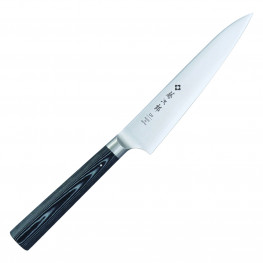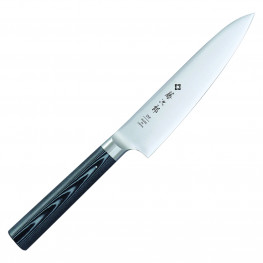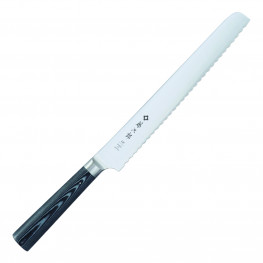Tojiro OBORO
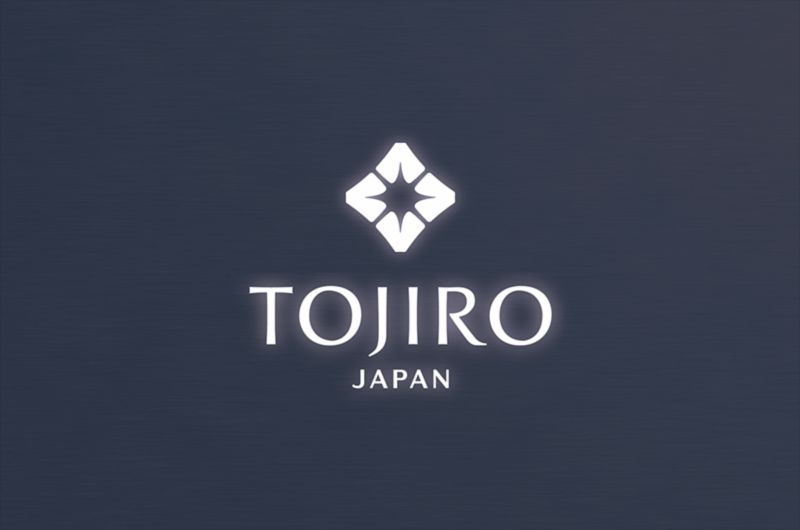
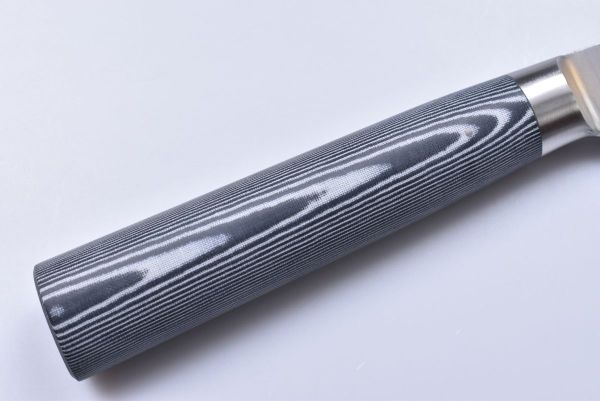
Oboro is an expression describing something hazy, out of focus. This is exactly how images painted with ink on washi paper work. It is a traditional way of painting with a brush. washi paper is very absorbent and therefore the monochromatic contours of individual objects appear mysteriously obscured. The legacy of this technique can be found on the graceful handles made of durable Micarta. Their slim shape and decent black and white combination look extremely elegant. Hold them in your hand and they will rest just as elegantly in your hand.
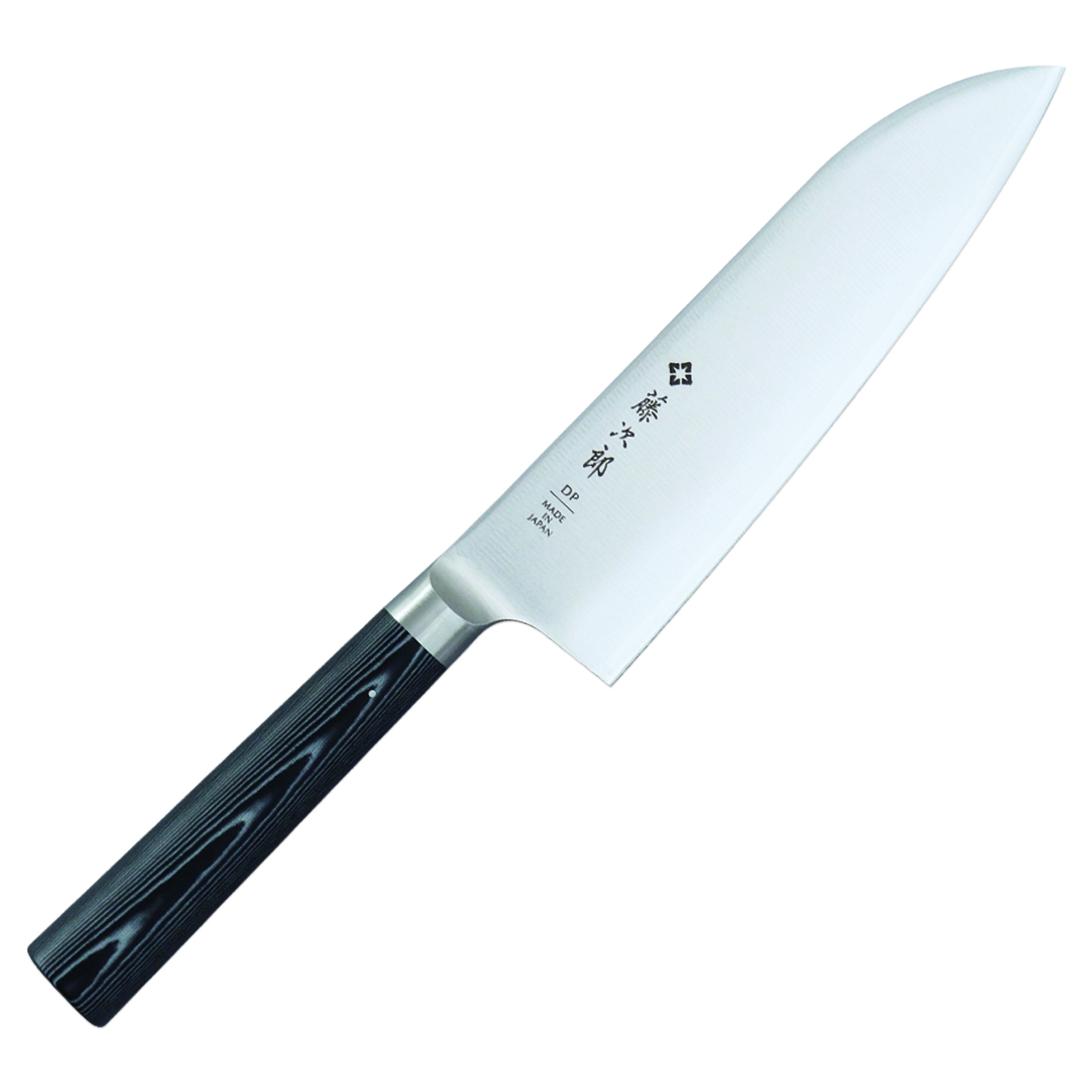
The handle fixed with a miniature mekugi pin passes into a steel bolster. A blade "grows" smoothly from it. It cannot be described as ethanol in its class. Typical Japanese construction San Mai. Core made of proven VG-10 with typical Tojiro decarbonization prevention and anti-corrosion milder steel on the sides. The result? A solid blade with excellent symmetrical edge life and when it comes down to it, it's a joy to sharpen it again. Add superior corrosion resistance and almost zero maintenance. Simple, practical, functional.
Despite the fact that the composition of the knives is ideal for home use, the individual pieces will certainly not be disdained even by professionals. Just look at the material composition and all doubts go away. The collection is assembled so that you always have the right knife in your hand for all the most common tasks. The Petty with its 13.5 cm blade is also suitable for a paring knife, Utility is not only a great preparer, but its 16 cm blade will be the clear choice of those for whom the long steel commands too much respect. Of course, you will find a Santoku knife here, which you can use especially for vegetables, and the main Gyuto knife with a nice length of 20 centimeters cannot be missing. Finally, the Pankiri bread knife with a 22 cm serrated blade, which is not sometimes recognized but in fact much needed, has not been forgotten. The knives not only work great, but also look that way. The discreet print on the blades and the tasteful packaging only underline their destiny to become a valuable gift.
©2021 Copyright Roman Ulík, Nippon Knives, www.japonskenoze.sk all rights reserved.
Photos and texts are protected by copyright law and their use without the consent of the author is not possible.


 Sign in
Sign in Registration
Registration


